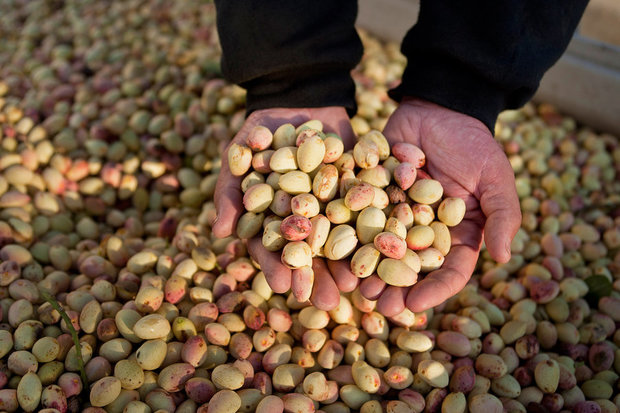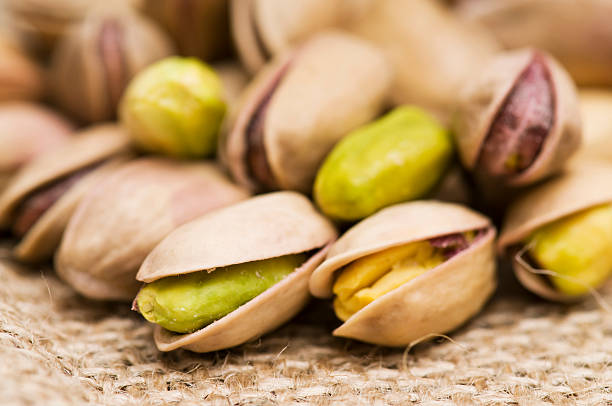
Pistachios are not only a delicious snack but also a symbol of history and culture in many regions, especially in Iran, the Middle East, and Central Asia. Known for their unique flavor and numerous health benefits, pistachios have been cultivated and cherished for thousands of years. Alongside their culinary usage, traditional storage methods such as “Jin”—specially crafted jars—play a vital role in preserving their quality. In this comprehensive article, we delve into the origins, benefits, processing techniques, and the significance of Jin in the world of pistachios.
The Rich History of Pistachios
Dating back several millennia, pistachios have been cultivated since ancient times. Archaeological findings from Persia (Iran), Mesopotamia, and the surrounding regions point to their widespread use over 4,000 years ago. Throughout history, pistachios have symbolized abundance, health, and prosperity. Their popularity expanded globally, becoming an integral part of various cuisines and traditional medicine.
Nutritional Profile and Health Benefits
Pistachios are a powerhouse of nutrients, offering a wide array of health benefits:
- Cardiovascular Support: Rich in monounsaturated fats and antioxidants, pistachios help maintain healthy cholesterol levels and reduce the risk of heart disease.
- Weight Control: High in fiber and protein, pistachios promote feelings of fullness and aid in healthy weight management.
- Eye Protection: Packed with lutein and zeaxanthin, compounds beneficial for eye health and preventing age-related macular degeneration.
- Immune Boost: Vitamin B6 and E in pistachios enhance immune function and skin health.
- Anti-inflammatory Properties: The antioxidants help in reducing inflammation and oxidative stress in the body.
Processing and Storage: The Role of Jin
After harvest, pistachios undergo careful processing, including shelling, cleaning, and drying to preserve their quality. However, the traditional method of storage using “Jin” or similar earthenware jars remains highly valued. Jin provides an airtight environment, shielding the nuts from moisture, pests, and air exposure, thereby preventing spoilage and retaining flavor and aroma. These jars are made from natural materials, making them an eco-friendly and effective solution for long-term storage.

Applications in Modern and Traditional Industries
Pistachios are versatile and find applications in various sectors:
- Culinary Use: As ingredients in sweets, ice creams, salads, and savory dishes.
- Baking: Used in cookies, cakes, and pastries for added flavor and nutrition.
- Health Products: Incorporated in nutritional supplements, oil extracts, and skincare.
- Beverages: Central ingredient in traditional flavors like pistachio milk, shakes, and infused waters.
The Cultural Significance of Jin
For centuries, Jin jars have been a traditional storage solution in Middle Eastern homes and markets. Their natural, breathable properties help maintain pistachio freshness and extend shelf life without chemical preservatives. Using Jin reflects a sustainable and culturally rich approach to food preservation, emphasizing the importance of natural methods and traditional craftsmanship.
If you’d like to place an order or inquire further, you can reach Mr. Ravan-shad via WhatsApp:
0098 921 477 3705

